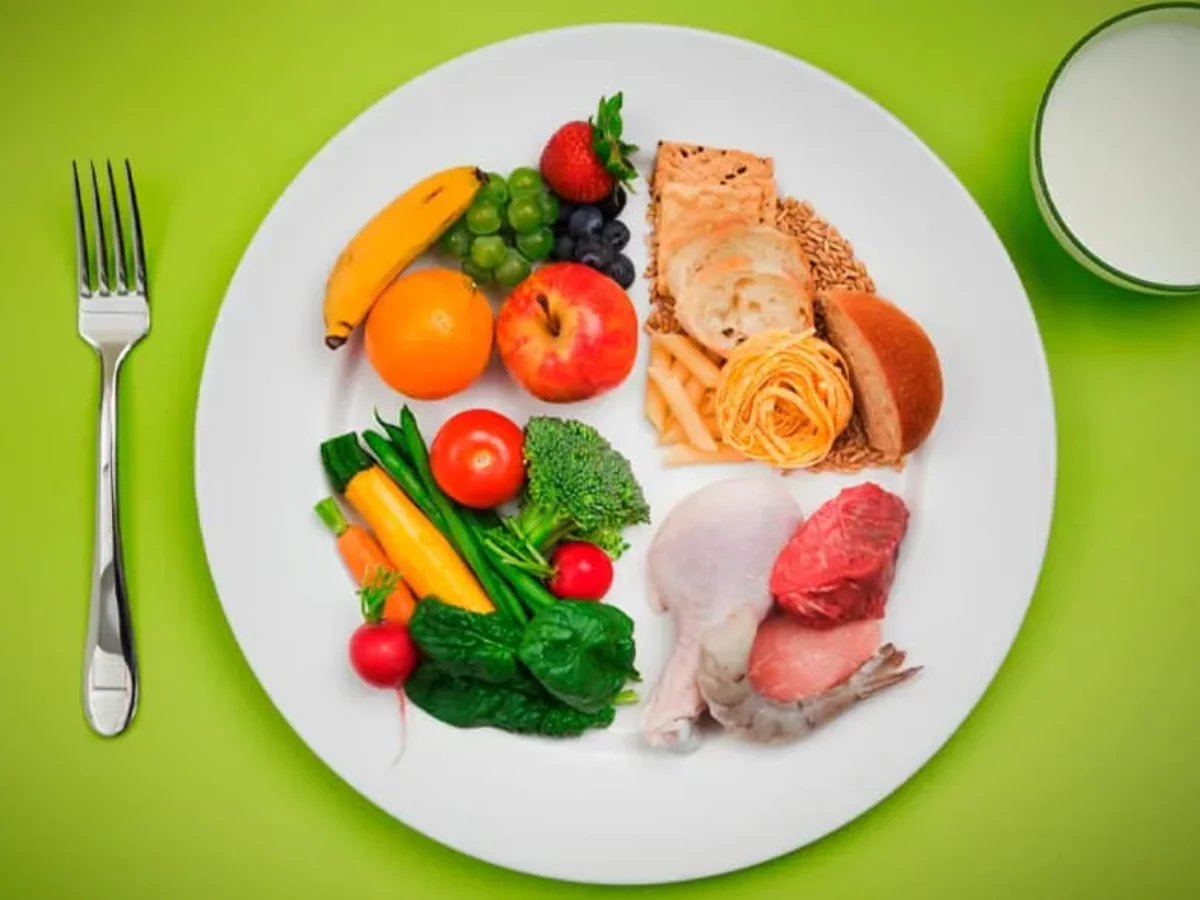JuJu News Hub
Your go-to source for the latest trends and insightful articles.
Dieting Dilemmas: The Real Reason Your Salad Isn't Working
Discover why your healthy salad isn't helping you lose weight—uncover the surprising truth behind common dieting dilemmas!
The Hidden Truth About Salad Dressings: Are They Sabotaging Your Diet?
When most people think of healthy eating, salad dressings might not raise any red flags. However, the truth is that many commercial dressings are packed with hidden sugars, unhealthy fats, and high sodium levels that can quickly derail even the best intentions for a healthy meal. For example, a single serving of some popular dressings can contain up to 15 grams of sugar and 200 calories, which can turn your nutritious salad into a calorie bomb. Furthermore, these additives often mask the natural flavors of the ingredients, leading you to consume more than you would with a homemade dressing.
To truly enjoy the benefits of a salad, it is essential to be mindful of the dressings you choose. Opting for homemade versions allows you to control the ingredients and keep the calories in check. A simple mixture of olive oil, vinegar, and your choice of herbs can elevate your salad without the extra additives. Additionally, consider alternatives like citrus juice or yogurt-based dressings that offer flavor without the added guilt. By being informed about the salad dressings you use, you can ensure that they complement your diet rather than sabotage your goals.

Why Your Healthy Salad Might Be Making You Gain Weight: The Surprising Factors
When it comes to healthy eating, salads are often championed as the ultimate health food. However, many people find themselves baffled when they notice that their healthy salad might actually be contributing to weight gain. One key factor is the addition of high-calorie dressings and toppings. For example, a seemingly harmless drizzle of creamy dressing or a sprinkle of cheese can significantly increase the calorie count of your salad. If you are not careful, the cumulative effect of these ingredients can turn a nutritious bowl of greens into a calorie-dense meal.
Another factor to consider is portion size. Many individuals underestimate how much they are consuming, leading to larger servings that may not align with their dietary goals. A salad can quickly become heavy if it includes large amounts of grains, starchy vegetables, or proteins like chickpeas and nuts. To avoid unintended weight gain, it’s essential to be mindful of not just what you're putting in your salad but also how much. Remember, even healthy salads can lead to excess calories if they are not consumed in moderation.
Are You Making These Common Salad Mistakes That Derail Your Diet Goals?
When it comes to maintaining a healthy lifestyle, salads are often seen as the go-to option. However, many people fall into the trap of making common salad mistakes that can sabotage their diet goals. One prevalent mistake is choosing store-bought dressings that are loaded with sugar and unhealthy fats. Instead, opt for homemade dressings using natural ingredients like olive oil, vinegar, and herbs. This simple switch can greatly enhance the nutritional value of your salad while keeping those unwanted calories at bay.
Another mistake many salad lovers make is skimping on the protein. While leafy greens and veggies are essential, adding a source of protein such as grilled chicken, beans, or tofu is crucial for making your salad more filling and satisfying. This not only helps you feel fuller for longer but also supports muscle maintenance and weight loss. Remember, a well-balanced salad should include protein, fiber, and healthy fats to truly align with your diet goals. Don't let these common salad mistakes derail your progress!